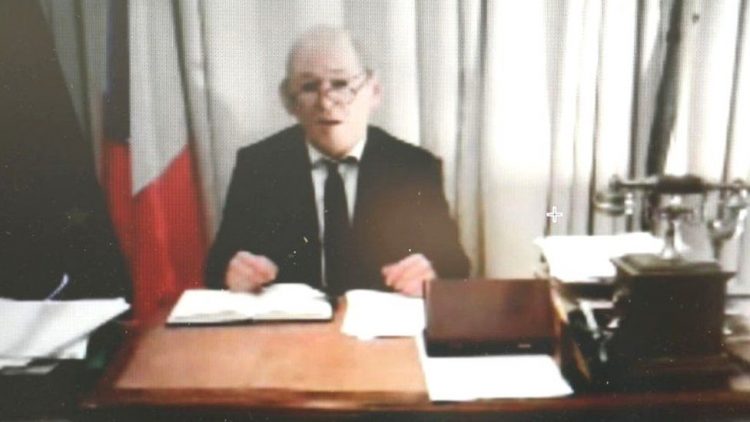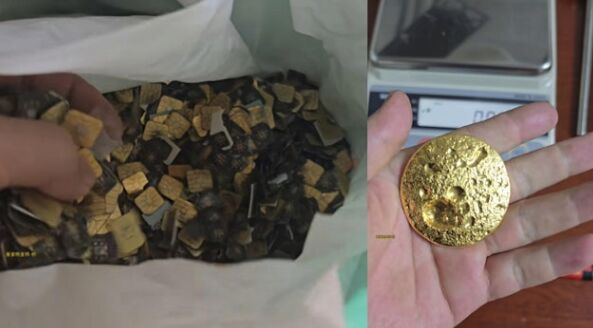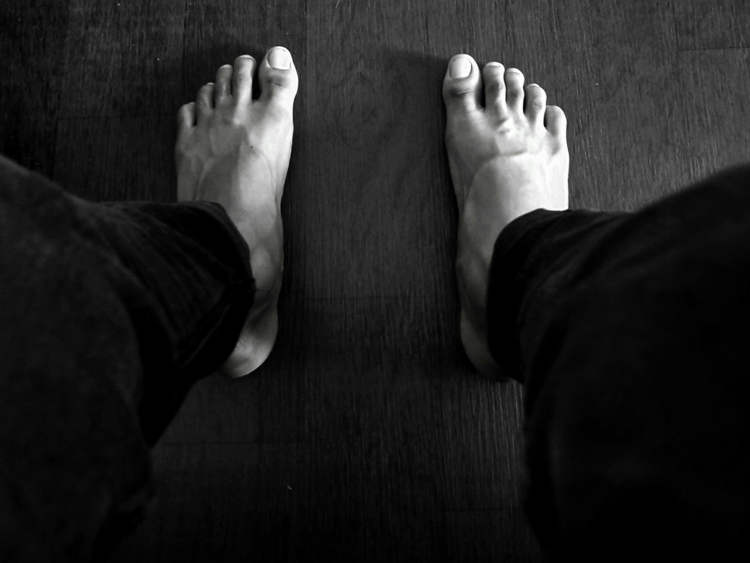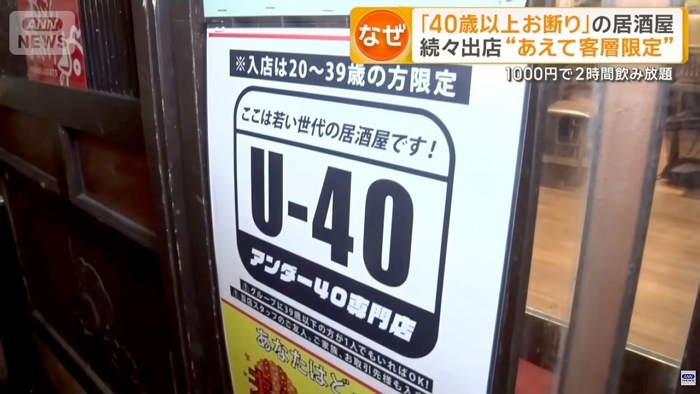In what has been described as one of the most daring rackets in history, one or more individuals used a silicone mask to impersonate France’s minister of defense, Jean-Yves Le Drian, and scam an estimated €80 million ($90 million) from wealthy victims.
Jean-Yves Le Drian served as France’s defense minister from 2012 to 2017, and is currently the country’s Minister of Europe and Foreign Affairs. He is an important political figure in his homeland, but also a relatively obscure one, which is why investigators believe he was chosen as the target of one of the boldest identity thefts in recorded history. One or more scammers used a custom silicone mask and a cleverly decorated office to fool various members of government and wealthy businessman into thinking that they were being contacted by Mr. Le Drian who requested financial help to pay the ransoms of journalists captured by Islamists in the Middle East. Some of the victims saw through the ruse, but many complied and donated millions.
The scam was simple yet pretty well thought out. Scammers would pose as a member of Le Drian’s inner circle and contact both french and foreign businessmen to arrange a conversation with the esteemed “minister”. In the beginning, the conversations were carried out over a phone, with the scammer impersonating the French minister reproducing Le Drian’s voice almost to perfection. But, then, in order to make the whole thing even more believable, they switched to video calls via Skype.
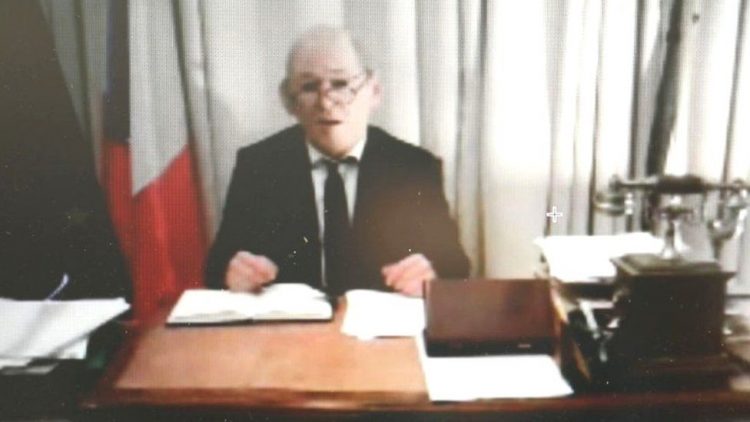
Stills from one of the video calls set up by the fraudster(s) show a person wearing a custom silicone mask of Le Drian sitting at a facsimile desk of the French minister, complete with French flags and a portrait of Francois Hollande, the President of France at the time. “Le Drian” was purposely seated at a fair distance from the camera, in a poor lit room, to make it harder for victims to realize he was just a guy in a mask. They also ensured that the quality of the video was bad and always kept the conversation short.
During these Skype calls, the fake Le Drian would ask his victims to donate considerable sums of money for the ransom of journalists held by Islamist in the Middle East. Because France officially does not pay ransoms to hostage-takers, the scammer requested that the money be sent to an account in China, which ensured that the payments could not be traced.
Since late 2015 until late 2017, the scammer(s) managed to defraud around €80 million ($90 million) from multiple victims. The BBC reports that more than half the sum came from an unnamed Turkish businessman, while the wealthy Aga Khan lost around €18 million. None of the people who lost money wished to talk to the press about it.
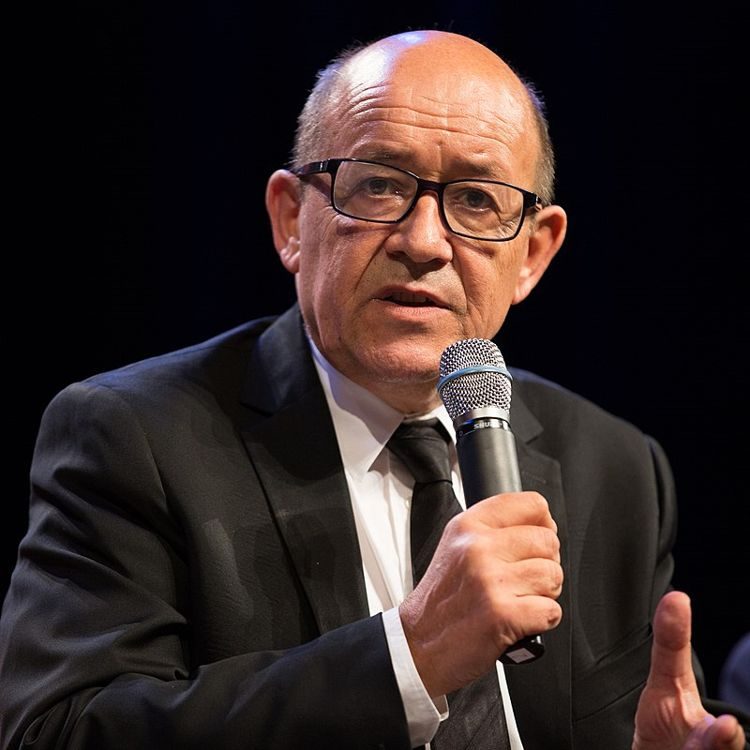
Photo: Ecole Polytchnique/Flickr
“Everything about the story is exceptional,” Mr. Le Drian’s lawyer said. “They dared to take on the identity of a serving French minister. Then they called up CEOs and heads of government round the world and asked for vast amounts of money. The nerve of it!”
The case is still under judicial investigation in France, and the prime suspect has been identified as Gilbert Chikli, a con artist of Tunisian Jewish background who grew up in Paris. His criminal background includes scamming money out of French corporations by pretending to be their CEOs, and trying to get the Tunisian government to pay for a number of Tiger helicopters that had never actually been ordered.
Chikli was arrested in 2017, during a trip to Ukraine, at the request of French authorities. He was already wanted for his previous crimes, but he had fled to Israel, who refuses to extradite its nationals. When he was apprehended, he claimed he had come to Ukraine on a pilgrimage to the tomb of a well-known rabbi, but police found evidence on his phone that showed he had come to buy a silicone mask.
Gilbert Chikli has been in the custody of French authorities since 2017, but this story doesn’t end with the conman behind bars. Earlier this year, the “fake Le Drian” scam started again. French embassies started receiving reports of the Foreign Affairs Minister now asking influential “friends of France” for money through the same method as before.
In February, three French-Israeli citizens were arrested near Tel Aviv in relation to this case, and the con stopped once again. It’s not yet clear if the three were just copying Chikli or if they were his accomplices. For all we know, there may very well be others specialized in the art of impersonating Jean-Yves Le Drian.

